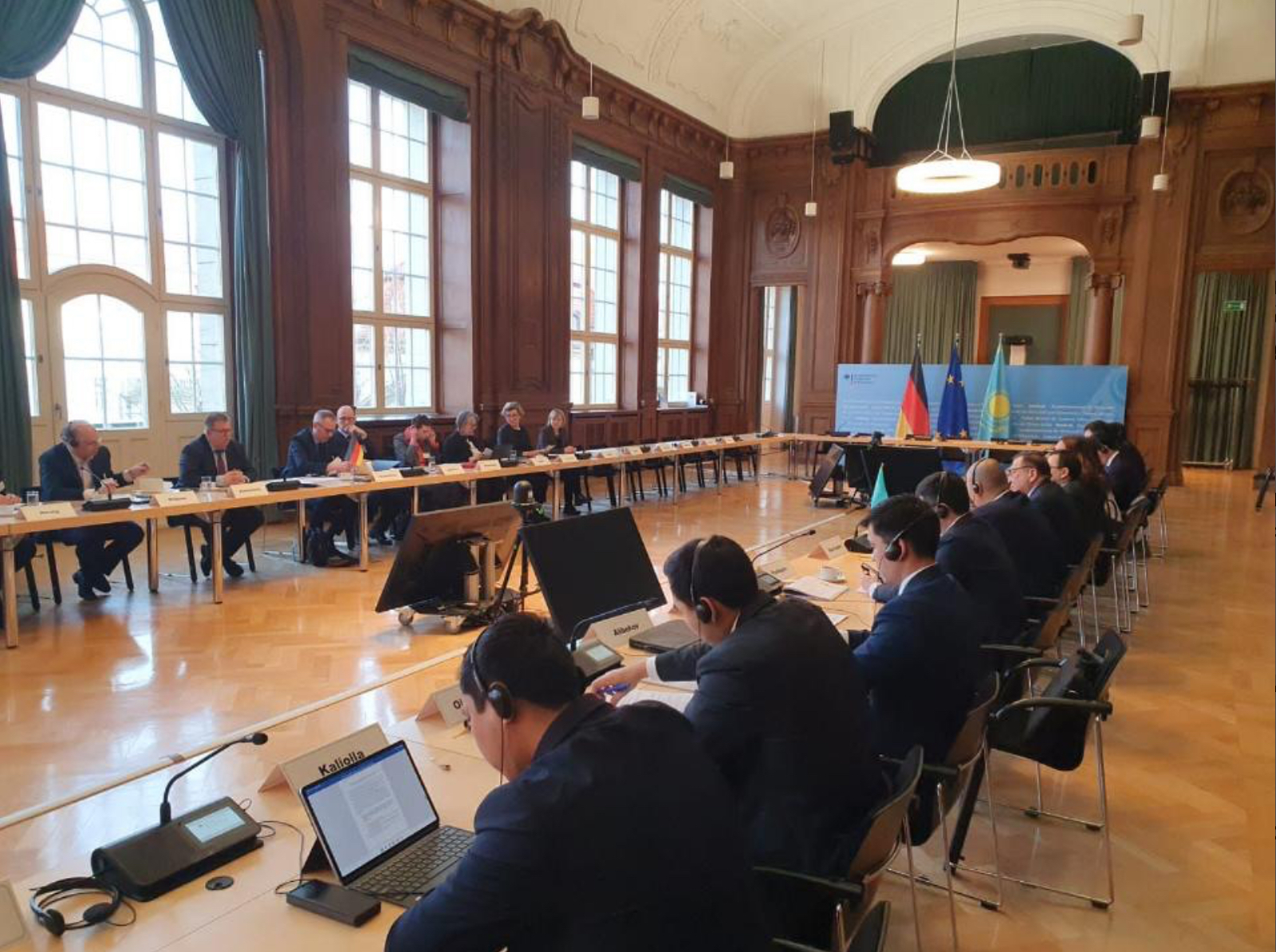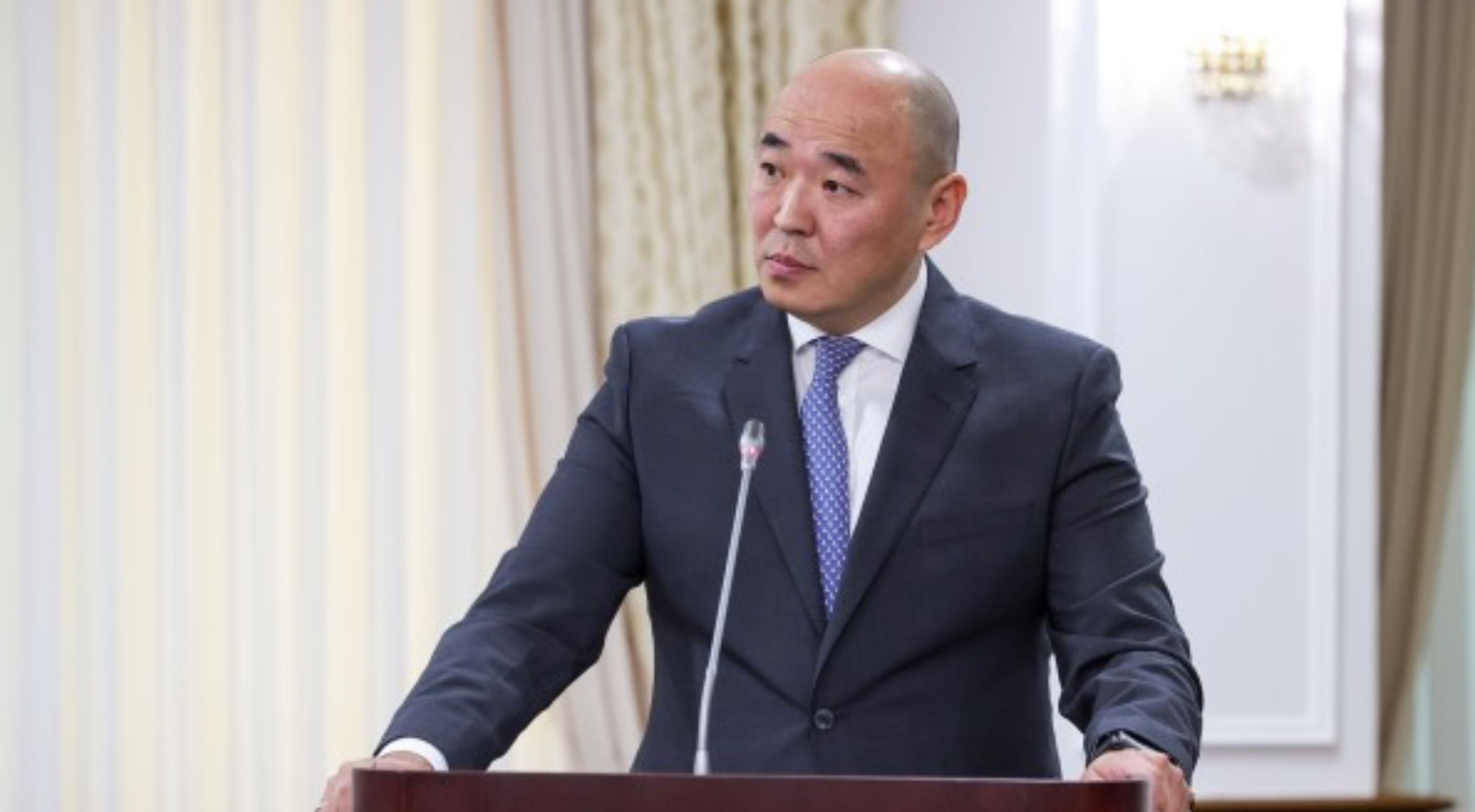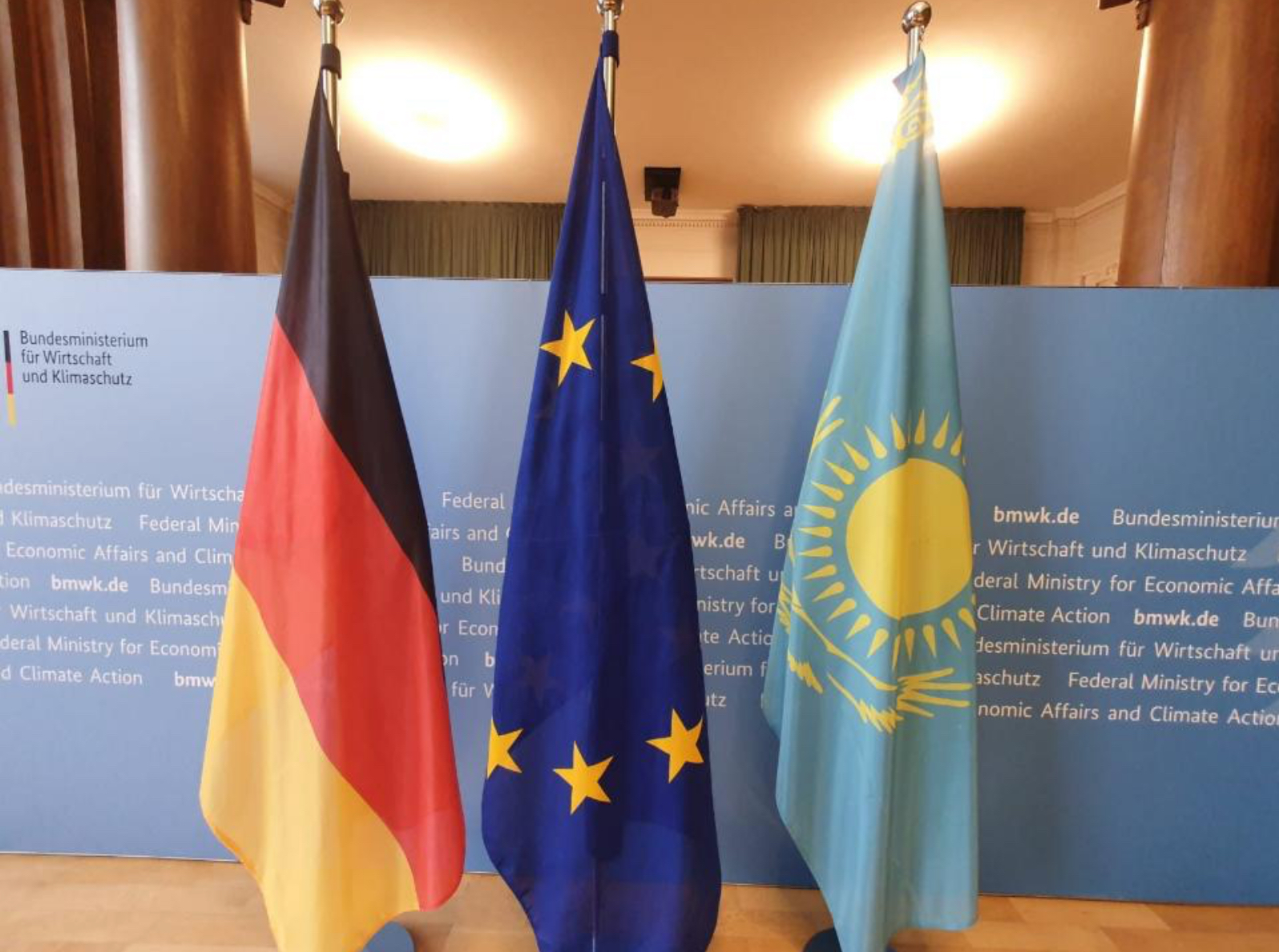The 14th meeting of the Kazakh-German Intergovernmental Working Group (IWG) convened in the historic halls of the Ministry of Economic Affairs and Climate Protection of the Federal Republic of Germany, heralding a fresh chapter in bilateral economic cooperation, the Ministry of Industry and Construction of Kazakhstan reported.

Chaired by Kanat Sharlapaev, the Minister of Industry and Construction of the Republic of Kazakhstan, and Dominik Schnichels, the Director of Foreign Economic Policy of the Federal Ministry of Economics and Climate Protection of Germany, the gathering underscored the strategic significance of the alliance between Kazakhstan and Germany.
The meeting served as a pivotal platform for both nations to reaffirm their commitment to broaden economic and investment collaboration, charting a course for enhanced ties.
The IWG, serving as the linchpin for coordinating bilateral endeavors, once again demonstrated its efficacy in bolstering governmental partnerships, setting the stage for concrete economic ventures in the times ahead. A spectrum of topics was discussed, ranging from energy to transportation and logistics, with a focal point on realizing the Partnership Agreement across various sectors including raw materials, industry, technology, water, and agriculture.

Addressing the importance of Kazakhstan's role as a dependable supplier of energy resources and strategic commodities to Europe, Minister Sharlapaev highlighted the development of the Trans-Caspian International Transport Route (TITR), commonly known as the Middle Corridor. Moreover, he emphasized the augmentation of Kazakhstan's industrial prowess, identifying Germany as an ideal partner given its industrial expertise and competencies.
“The development of the Trans-Caspian International Transport Route (TITR or Middle Corridor) is of great importance for Kazakhstan as a reliable supplier of energy resources and strategic goods to Europe. Strengthening the industrial potential of Kazakhstan is also one of the strategic areas of cooperation with Germany. For our republic, Germany, as an industrial power with its key competencies, is the most suitable partner. The Government of Kazakhstan is faced with the task of further improving the conditions for attracting large private investments, the institutional environment for business, and the harmonization of legislative regulation,” Minister Kanat Sharlapaev shared.
In tandem with Kazakhstan's strategic geographic location at the nexus of intercontinental transport routes, including energy supply corridors, the nation is poised to emerge as a regional investment hub and a pivotal player in the global energy landscape.

In recognition of Kazakhstan's growing stature, the German Foundation for Science and Politics (SWP) bestowed upon Kazakhstan the designation of a "middle power," acknowledging its influential role in global politics and economics alongside only 12 other nations.
Both sides agreed on specific projects in priority sectors, setting the stage for deeper collaboration. Schnichels reaffirmed Germany's keen interest in furthering economic ties, particularly amid ongoing reforms in Kazakhstan.
“The agreements reached today indicate that this bilateral platform is helping to improve the framework conditions for further rapprochement between government and business circles, as well as practical promotion of mutual trade and investment. Kazakhstan is a country rich in natural resources with unique opportunities. Germany is interested in further deepening trade and economic cooperation in the context of ongoing economic and social reforms in the country,” Dominik Schnichels voiced.
The Kazakh delegation extended invitations to German counterparts to actively participate in diversifying economies, establishing joint ventures, fortifying energy, food, and raw material security, incorporating advanced German technologies, and boosting mutual trade volumes.
Follow Daryo's official Instagram and Twitter pages to keep current on world news.
Comments (0)